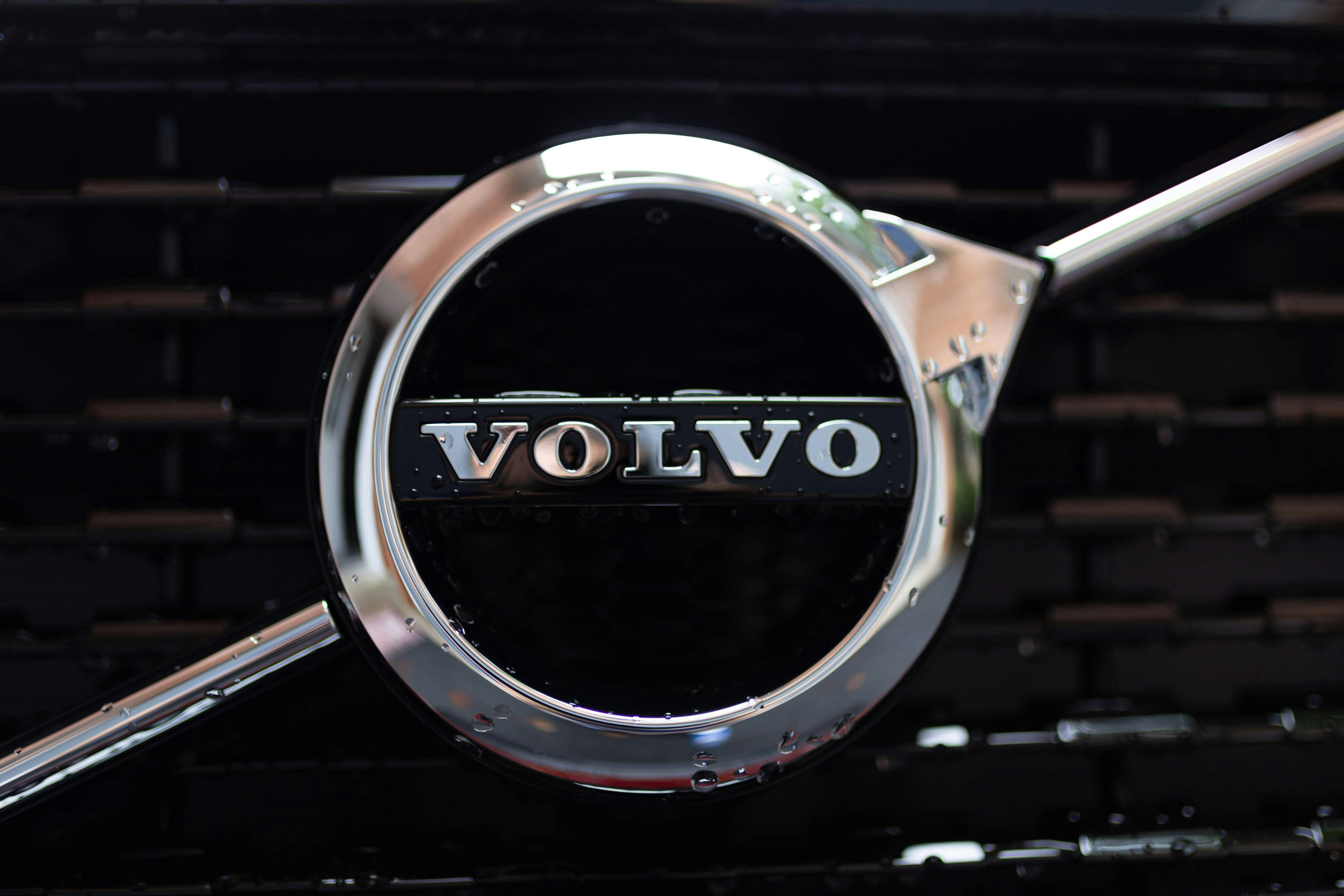Amazon Stock Analysis
$238.62
05 Feb 2026, 09:14

Unsplash.com

Volvo, an automaker, declared that it will no longer be producing entirely electric cars by 2030 and that it now anticipates selling some hybrid cars as well.
The automaker gave up on a target it had declared only three years prior, citing shifting market circumstances as the reason.
It occurs at a time when the market for electric cars (EVs) is slowing down in several significant regions and is uncertain since trade restrictions on EVs manufactured in China have been imposed.
Along with other big automakers like General Motors and Ford, who have also scaled down on their electric vehicle aspirations, is Volvo, a company that has long bragged about its environmental credentials.
Volvo currently projects that by 2030, plug-in hybrids and electric vehicles will account for at least 90% of its total production.
A few number of so-called mild hybrids—more traditional cars with less electrical assistance—may also be sold by the Swedish business.
The company claimed that because of issues like the sluggish rollout of infrastructure for charging EVs and the removal of consumer incentives, the economic climate for EVs has altered.
July saw an almost 11% decline in EV registrations in the European Union, according to the European Automobile Manufacturers Association.
Since Volvo employs Chinese manufacturing, levies on the import of electric vehicles (EVs) from China into North America and Europe would also hurt the company, which is mostly controlled by the massive Chinese automaker Geely.
Following similar declarations from the US and the EU, Canada declared last week that it will levy a 100% duty on imports of electric vehicles manufactured in China.
Western nations have charged China with unfairly favouring its automakers by subsidising the country's electric vehicle industry.
Ford has likewise been reducing its goals for electric vehicles. The US auto giant said just last month that it was delaying the release of its next electric pickup truck and abandoning plans for a huge, three-row, all-electric sport utility vehicles (SUVs).
In the past year, General Motors, its competitor, has also lowered its targets for EV manufacturing.
(Sources: bbc.co.uk)